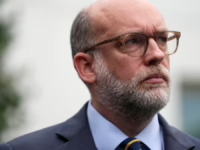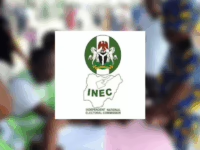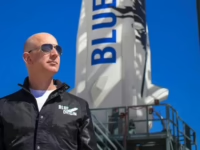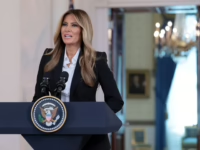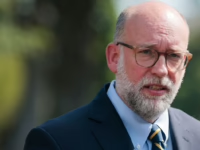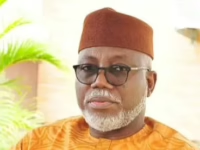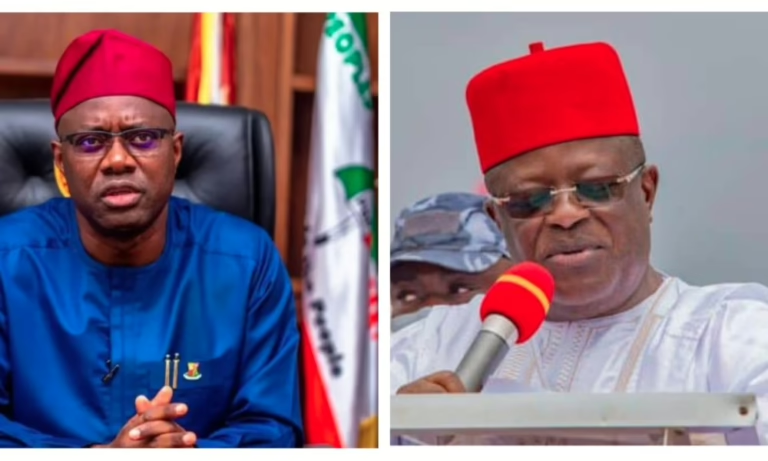Oyo State Governor Seyi Makinde has publicly expressed strong concerns regarding the Federal Government’s handling of the Lagos-Calabar Coastal Highway project, particularly criticizing the lack of transparency surrounding its financial disclosures.
At a widely viewed public event last Friday, Makinde challenged the Minister of Works, David Umahi, over his refusal to provide a detailed financial breakdown of the project’s expenditures.
This criticism followed a heated exchange earlier in the week during a televised interview on Arise TV, where host Rufai Oseni pressed Minister Umahi for a comprehensive cost analysis per kilometre for the multi-trillion-naira highway development.
Minister Umahi dismissed the request, arguing that construction expenses vary significantly across different sections of the highway, making a simple per-kilometre cost calculation unrealistic. He also implied that the journalist lacked the technical expertise to fully understand the complexities involved in such a large-scale infrastructure project.
“These questions are quite elementary,” Umahi stated during the live interview. “You cannot just demand a uniform cost per kilometre because each segment has unique pricing. I urge you to avoid making uninformed assertions. My engineering background equips me to understand these nuances.”
Unperturbed, Oseni retorted, “Minister, please continue to reveal your true nature to the public.”
Governor Makinde sided with the journalist’s call for openness, underscoring the public’s entitlement to clear information on how government resources are utilized.
“When questioned about the cost of the coastal highway, the minister sidestepped the issue,” Makinde remarked. “Even if costs differ by segment, an average cost per kilometre should be disclosed.”
To illustrate his point, Makinde cited recent road projects in Oyo State: “For example, the 35-kilometre Oyo to Iseyin road was completed for roughly ₦10 billion, averaging about ₦285 million per kilometre. Meanwhile, the 76-kilometre Iseyin to Ogbomoso road, which included two bridges, cost approximately ₦43 billion, averaging nearly ₦565 million per kilometre.”





